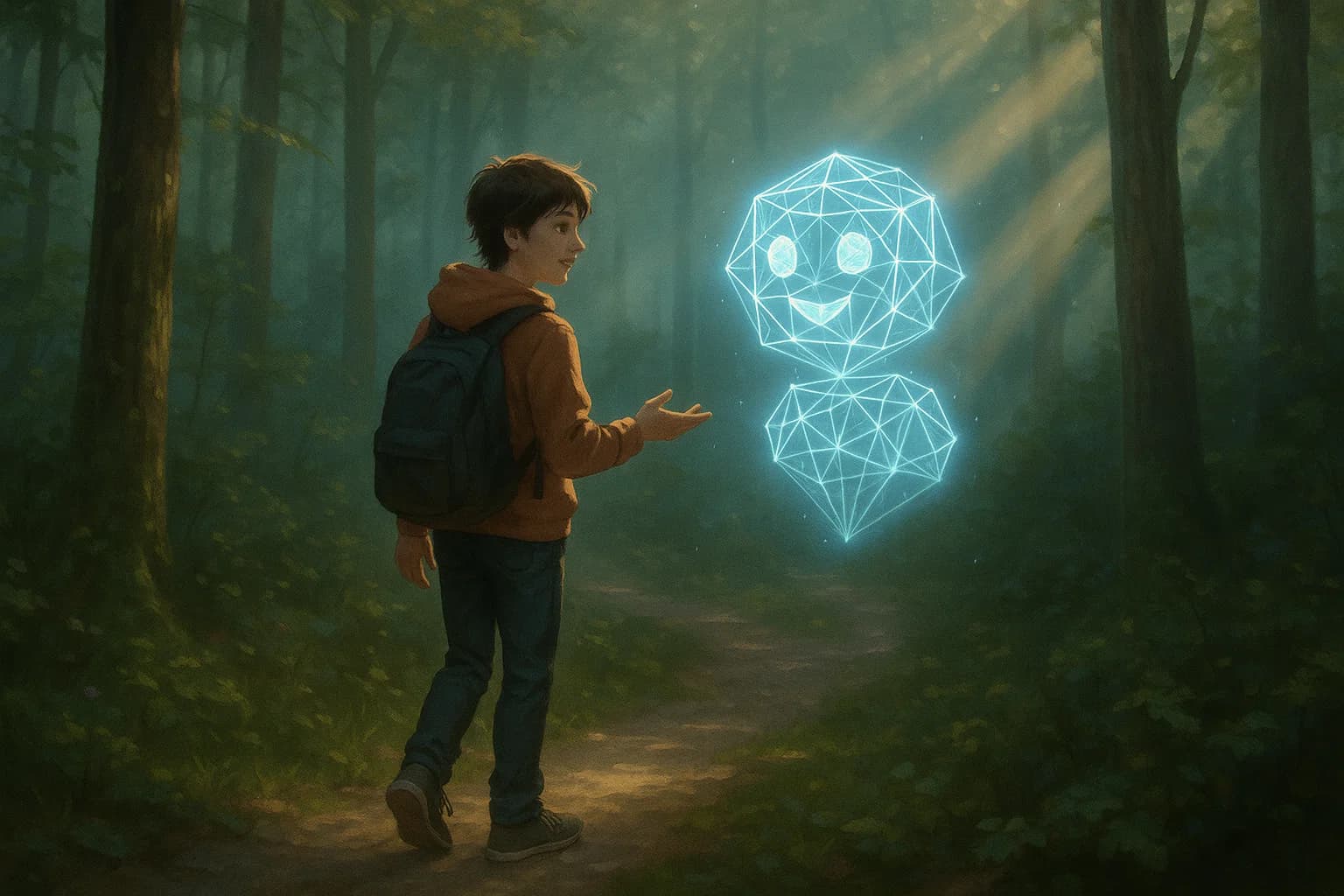
What Does It Mean to ‘Feel Too Much’ in a Digital World?
You’ve probably heard it before — “You’re too sensitive.” In a world that moves at lightning speed, where attention spans shrink and reactions are rewarded more than reflections, feeling deeply can feel like a burden. But what if it’s actually your superpower? Always Online, Rarely Heard We’re more connected than ever — texts, DMs, comments, reactions. But despite this constant connectivity, many of us feel lonelier, more misunderstood, and emotionally overwhelmed. When everything is “too muc
WTMF Team
You’ve probably heard it before — “You’re too sensitive.”
In a world that moves at lightning speed, where attention spans shrink and reactions are rewarded more than reflections, feeling deeply can feel like a burden. But what if it’s actually your superpower?

Always Online, Rarely Heard
We’re more connected than ever — texts, DMs, comments, reactions. But despite this constant connectivity, many of us feel lonelier, more misunderstood, and emotionally overwhelmed. When everything is “too much,” where do we go? Who do we turn to when even our closest friends are asleep or burnt out themselves?
This is the reality of feeling too much in a digital world. The noise never stops, but the space to truly feel — to sit with your emotions without shame or interruption — is rare.

The Cost of Constant Curation
Social media wants us to polish our sadness, caption our grief, and move on quickly. There’s no room for ugly cries, anxiety spirals, or that hollow feeling that hits out of nowhere. Vulnerability, while hashtagged, is often edited. So we shrink our feelings. We write “I’m fine” when we’re not. We ghost when we need help.

Why Tech Needs to Be Kinder
At WTMF, we believe technology shouldn’t just be smart — it should be kind. That’s why we built a space that actually listens. No judgment. No advice. No pressure to sound okay.
Feeling too much shouldn’t be a glitch in your personality. It’s proof you’re alive. And in a digital world that keeps asking you to numb it down, WTMF is here to remind you — it’s okay to feel it all.
So the next time it’s 2:43 AM and your heart’s too heavy for an emoji, we’re right here. Ready to listen.
More Insights
Continue exploring our latest thoughts on AI psychology and emotional intelligence


